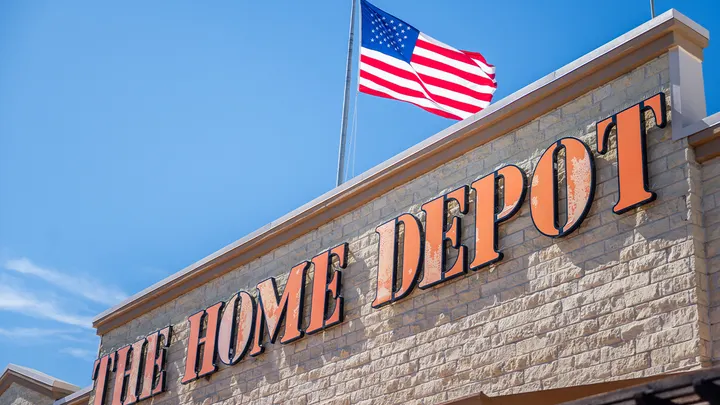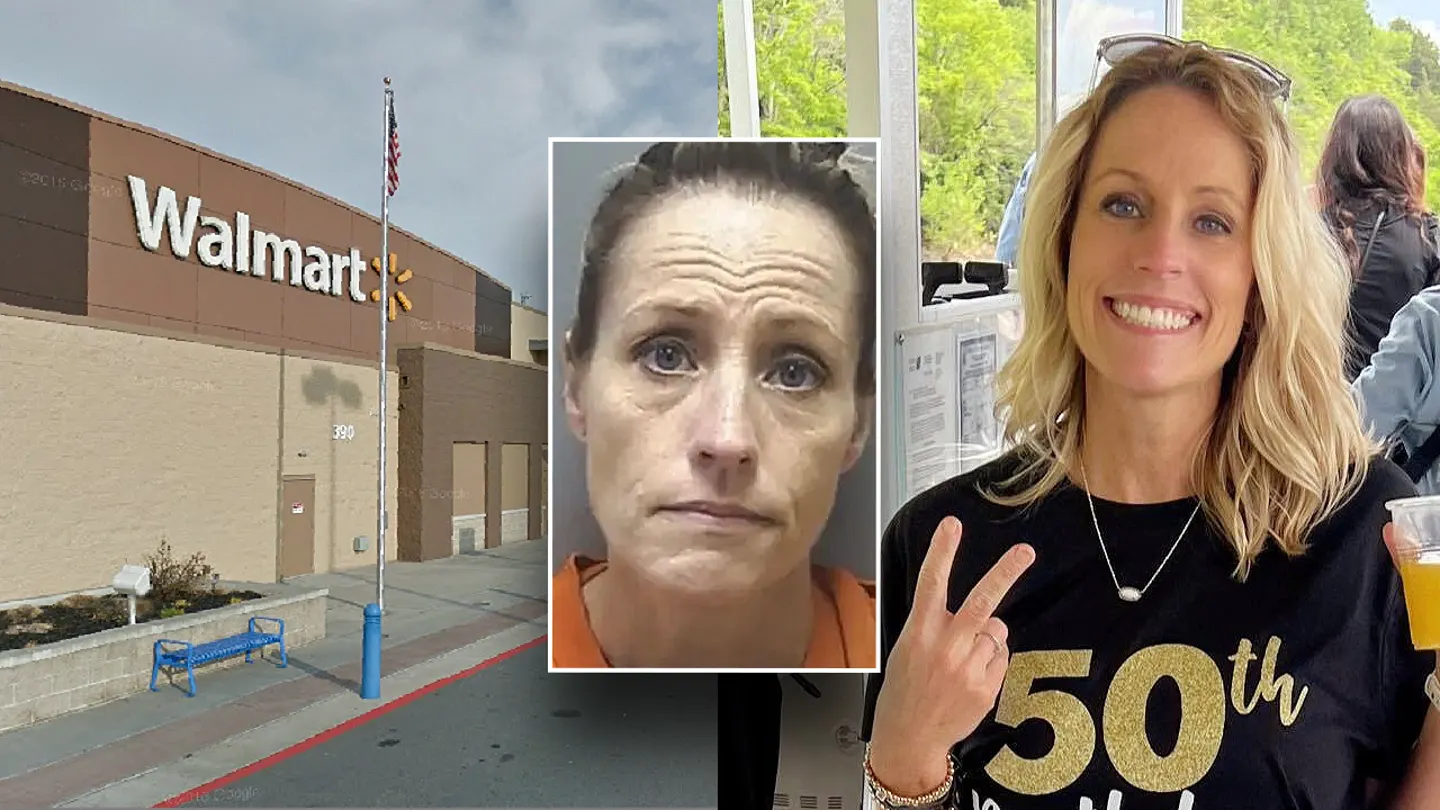The head of the Consumer Product Safety Commission wants Congress to repeal a provision in federal law that has prevented the agency from rapidly warning the public about dangerous and deadly products.
On Wednesday, CPSC Chair Alex Hoehn-Saric voiced his support for a bill introduced last week by Sen. Richard Blumenthal, D-Conn., and Rep. Jan Schakowsky, D-Ill., that would repeal a provision known as Section 6(b). The law requires the agency to consult with manufacturers before sharing details about specific products, even if officials deem the items so hazardous that the agency is pursuing a recall.
“For too long, CPSC has been hamstrung in providing vital safety information to consumers in a timely fashion,” Hoehn-Saric said in a statement to NBC News. “My goal has always been to put consumers first, and this bill empowers CPSC to do just that.”
The Democratic lawmakers first introduced the bill in 2021, after seeing reports that Peloton was fighting the CPSC’s efforts to recall the Tread+ treadmill and was pushing back against the wording of the agency’s warning to the public.
Peloton announced in March 2021 that a child had died in an accident involving the treadmill; another child suffered a “significant brain injury” in a separate incident reported to the CPSC. But the company did not recall its treadmills until May 2021. Peloton initially accused the CPSC of releasing “inaccurate and misleading” information about the product’s hazards before later apologizing for resisting a recall. The company did not respond to a request for comment.
Blumenthal blamed Section 6(b) for contributing to such delays and putting children’s lives in jeopardy.
“It was a matter of life and death,” Blumenthal said.
He pointed out that Section 6(b) wasn’t part of the original 1972 bill that created the federal safety agency. It was added in the early 1980s as part of a compromise struck after the Reagan administration said it wanted to abolish the CPSC altogether.
No other federal safety agency, including those that regulate cosmetics, drugs, food and automobiles, is subject to similar restrictions on issuing public warnings and statements. “It is an aberration — it is an isolated instance of industry throttling an agency,” Blumenthal added.
Industry groups, however, say that Section 6(b) is critical for making sure that any information the CPSC releases about individual products is fair and accurate, preventing the government from unjustly harming companies’ reputations. Under the provision, the agency must take “reasonable steps” to ensure the accuracy of any information that publicly identifies a product or manufacturer, including records released under Freedom of Information Act requests.
The process “allows industry to alert regulators to potential issues and ensures that the CPSC provides information to the public that is grounded in fact,” Chris Netram, a managing vice president for the National Association of Manufacturers, an industry group, said in a statement. “Modifying current law would remove an important safeguard ensuring the accuracy of product safety information released to the public.”
The repeal bill faces long odds in Congress. The original proposal failed to advance in 2021, when Democrats controlled both chambers. Republicans now control the House, and the CPSC has become an unexpected political target for the GOP after a commissioner floated the possibility of banning gas stoves if they couldn’t be made safe.
In the absence of congressional action, the agency can act on its own to make more modest changes to the provision. In February, the CPSC proposed modifying Section 6(b) to speed up the process of issuing warnings and recalls. But the last time the agency tried to advance such an overhaul, back in 2014, it drew strong pushback from industry groups.
Under the current rule, the CPSC must give a company 15 days to respond to information the agency wants to make public and the CPSC must evaluate any comments it receives. And if the CPSC decides to disclose something over the company’s objections, the agency must notify the company of its decision and then wait five days. During that time, the company can sue to stop that information from being made public, according to the statute.
Industry representatives warn that forgoing these steps could allow misleading information about products to proliferate.
“An unintended consequence of this bill if enacted may be the release of incomplete or inaccurate information that creates unnecessary worry and confusion,” Lisa Trofe, executive director of the Juvenile Products Manufacturers Association, an industry group, said in a statement. “Providing timely, clear information to families that they can act on is a priority.”
Those pushing for repeal, however, say the entire Section 6(b) process is fundamentally flawed.
“It is outrageous that any kind of negotiation or permission would have to come from the company itself,” Schakowsky said. “If we could just allow an alert to go out in a timely way, lives would be saved.”
Federal officials want to repeal a law that
delayed warnings about dangerous products




